Finding the Best: A Guide to Top Rated Daycares Near Me
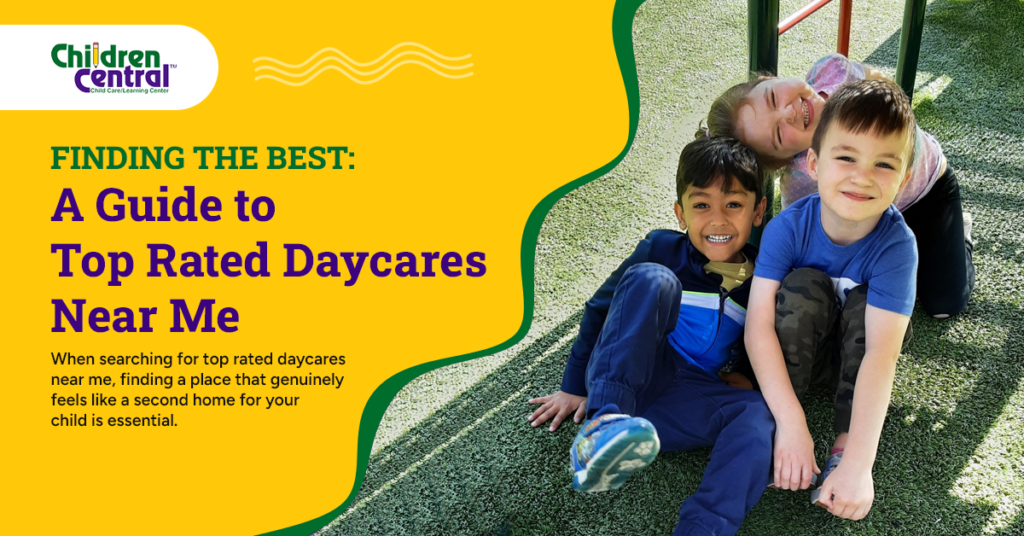
When searching for top rated daycares near me, finding a place that genuinely feels like a second home for your child is essential. Choosing the right daycare is more than just a convenient location; it provides a nurturing environment where children can thrive socially, emotionally, and academically. This guide will help you comprehend what to […]
15 Creative Activities for Teaching Spanish to Kids at Home
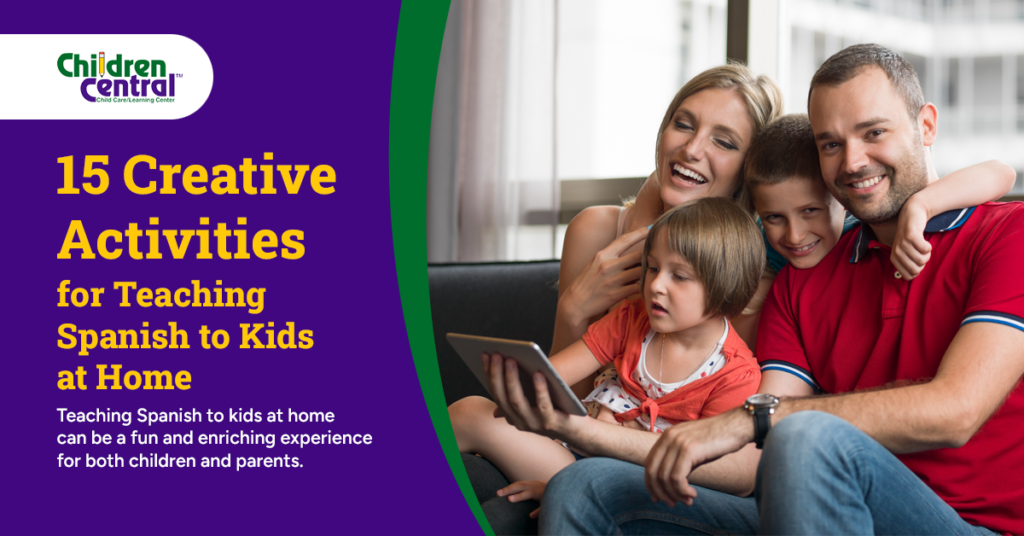
Teaching Spanish to kids at home can be a fun and enriching experience for both children and parents. As children are naturally curious and quick learners, incorporating Spanish into everyday activities allows them to absorb the language while having fun. From interactive games to playful songs, you can easily turn your home into a vibrant […]
10 Easy Newtown Preschool Picnic Craft Ideas
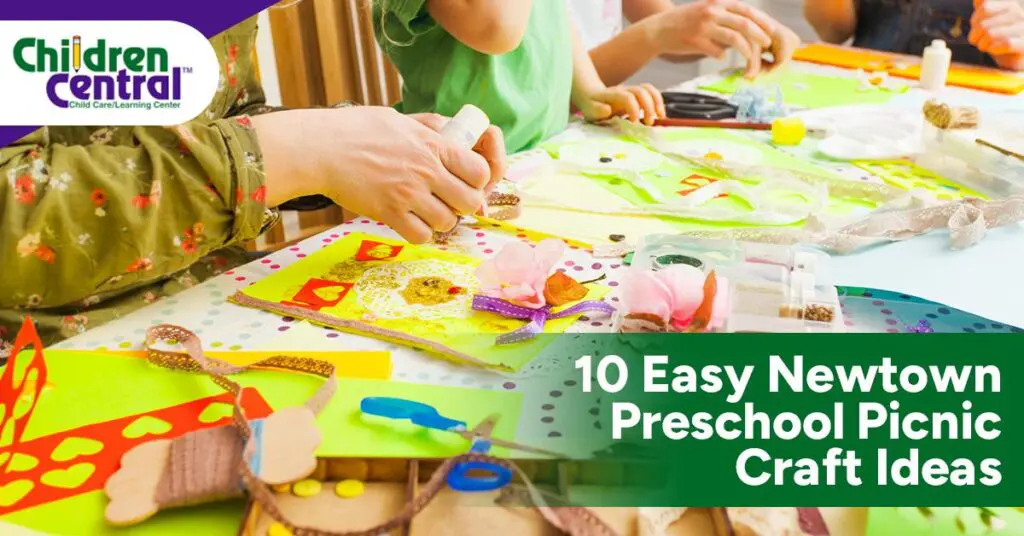
Creating a fun and educational experience for children can be as simple as organizing a preschool picnic craft. At Children Central, we believe in nurturing creativity and imagination through engaging activities. That’s why we’ve compiled a list of 10 easy Newtown preschool picnic craft ideas to make your little one’s picnic day special. These crafts […]
Childcare Curriculum and Educational Approaches in Daycare Yardley PA
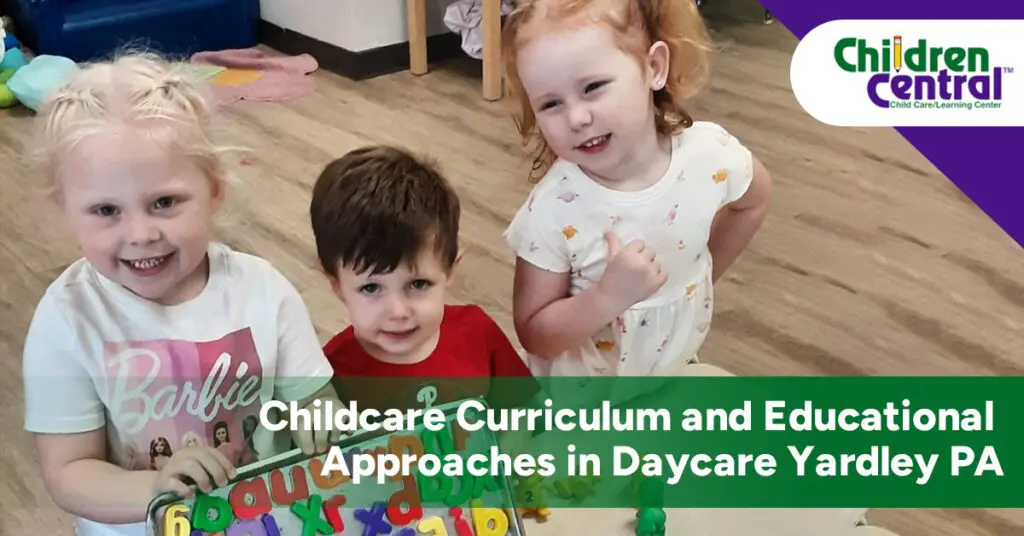
Finding the right daycare in Yardley, PA, can be a transformative step for your child’s early education. Our curriculum is designed to provide a comprehensive learning experience that fosters intellectual, social, and emotional growth. Children Central’s educational approaches are tailored to nurture curiosity and creativity, preparing your child for a lifetime of learning. In this […]
Summer Slide Education: Bridging Children’s Learning Loss Gap
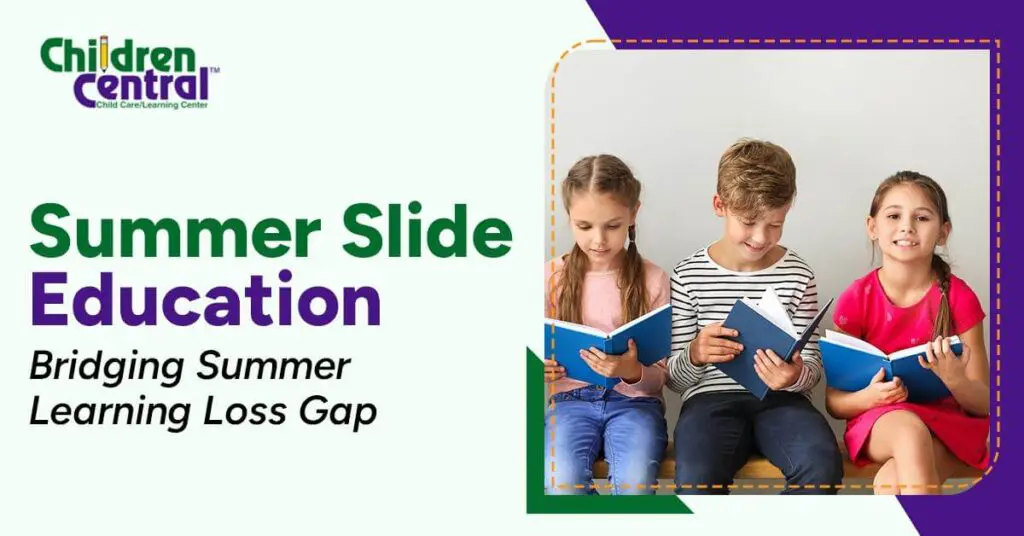
Summer slide education for children is a topic of great concern for parents and educators alike. The “summer slide” refers to the learning loss many children experience during the long summer break from preschool. However, with the right strategies, parents and educators can help prevent the summer slide and keep kids learning all year long. […]
Why Choose Keystone STARS Rated Childcare in Langhorne?
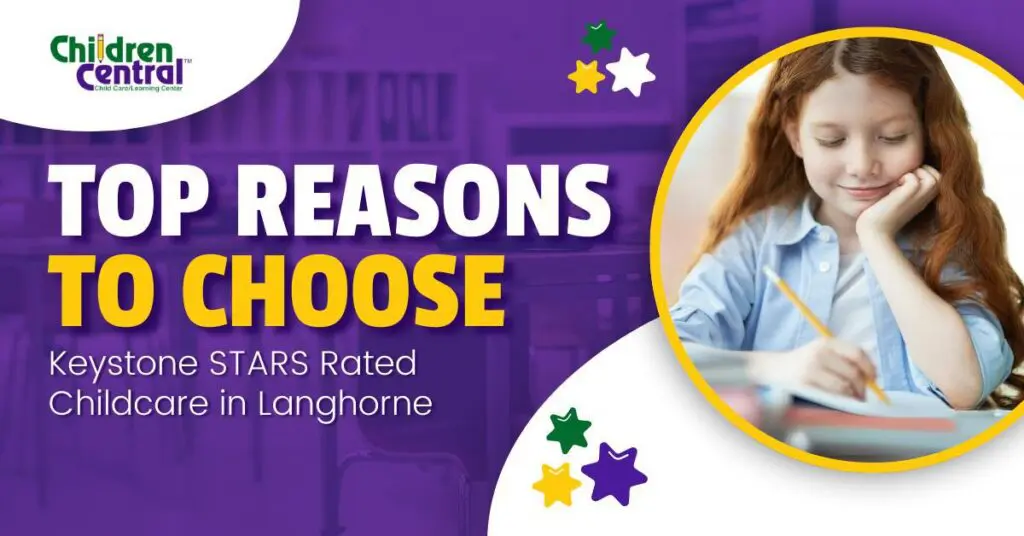
When choosing a childcare provider in Langhorne, selecting a Pennsylvania keystone STARS rated facility can make a big difference in your child’s early education and development. Keystone STARS is a state-wide quality rating system. It assesses and supports the continuous quality improvement of early learning programs in Pennsylvania. You are investing in your child’s future […]
Engaging Outdoor Activities: Langhorne Day Care’s Early Education Approach
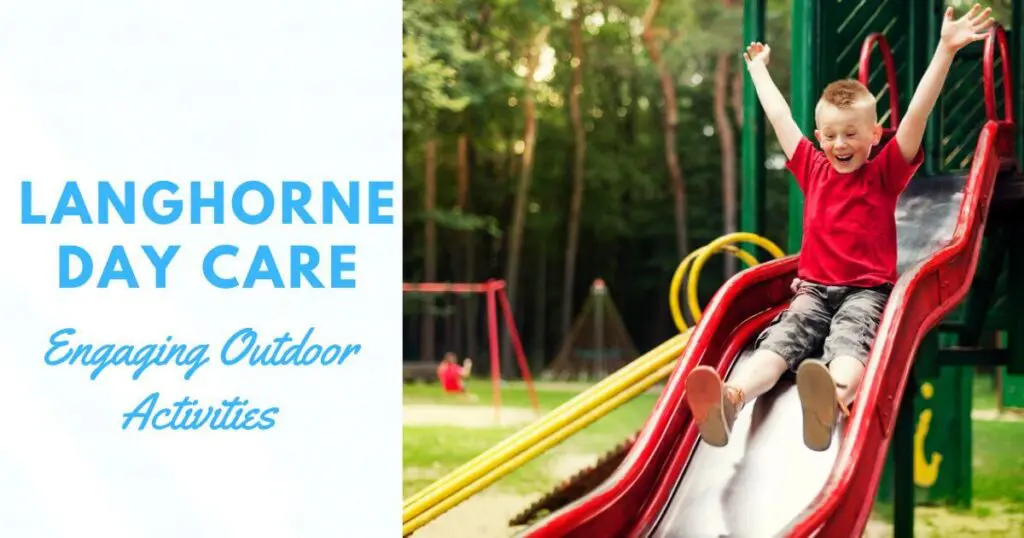
Langhorne day care centers believe that engaging in outdoor activities is an essential component of early childhood educational programs. Their philosophy is grounded in the understanding that young children learn best through hands-on experiences and active exploration of their environment. By incorporating a variety of stimulating outdoor activities into our childcare curriculum, they aim to […]
A Guide to Picking the Best Daycare Curriculum For Your Child
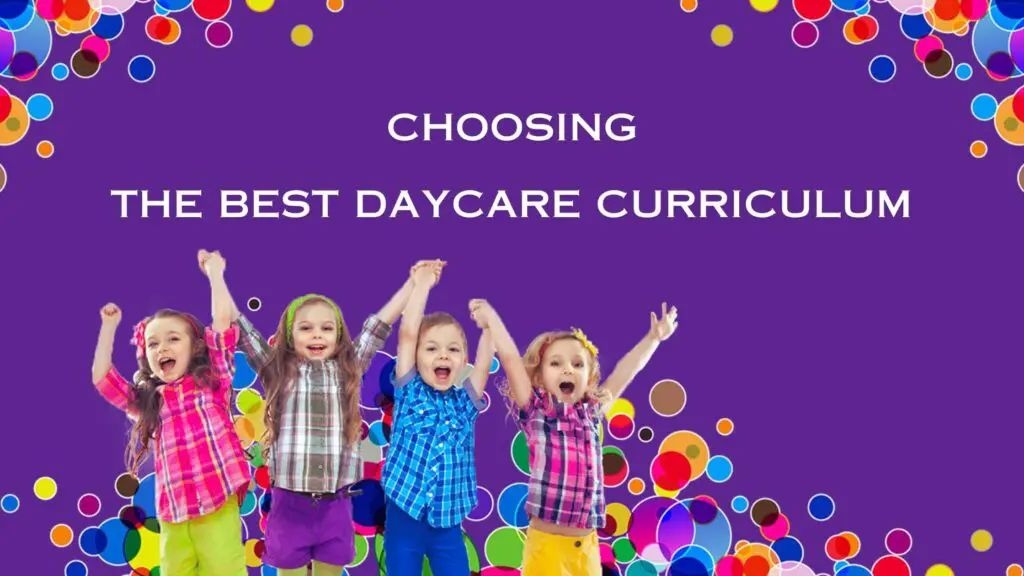
Choosing the best daycare curriculum is one of parents’ most important decisions. We want to find a place that keeps our children safe, nurtures their development, and prepares them for school and life. An engaging and appropriate curriculum is key to a high-quality daycare environment. When touring daycares, don’t just look at the facilities and […]
Importance of Quality Pre Kindergarten Curriculum
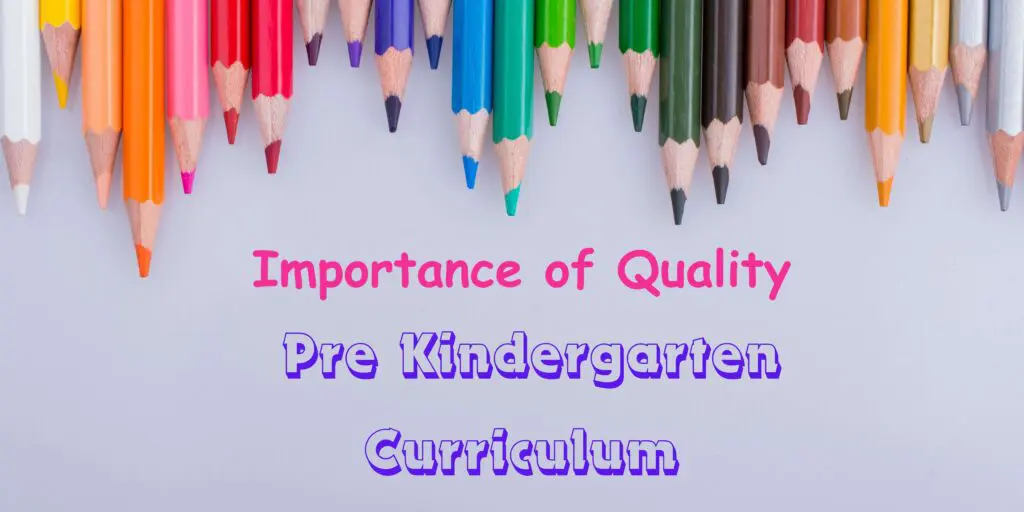
Choosing the right pre kindergarten curriculum is one of the most important choices you’ll make to get your child ready for school. Ages 3 to 5 are times of major growth in thinking, motor skills, language, and emotions. An excellent pre-k program curriculum supports learning across all areas in ways that stay with kids for […]
Finding the Best Pre K Programs Near Me
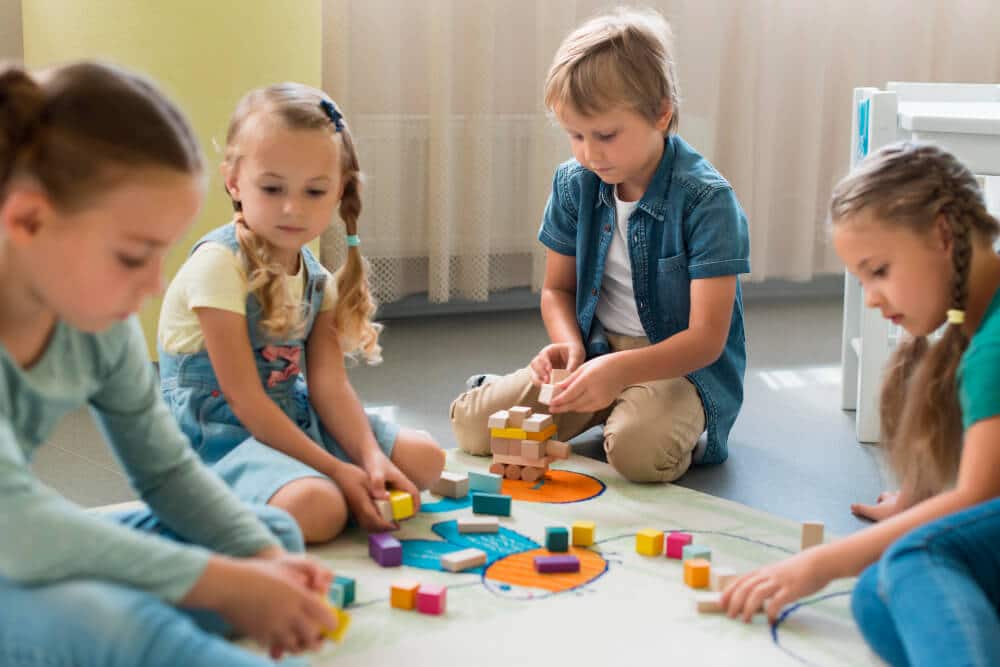
Are you in quest of finding the best Pre K programs near me? Choosing the right pre-kindergarten program is crucial to preparing your child for kindergarten. As a parent, you want to ensure your child’s care center meets safety standards, provides nurturing attention, and supports their development. You want to meticulously research childcare options to […]

